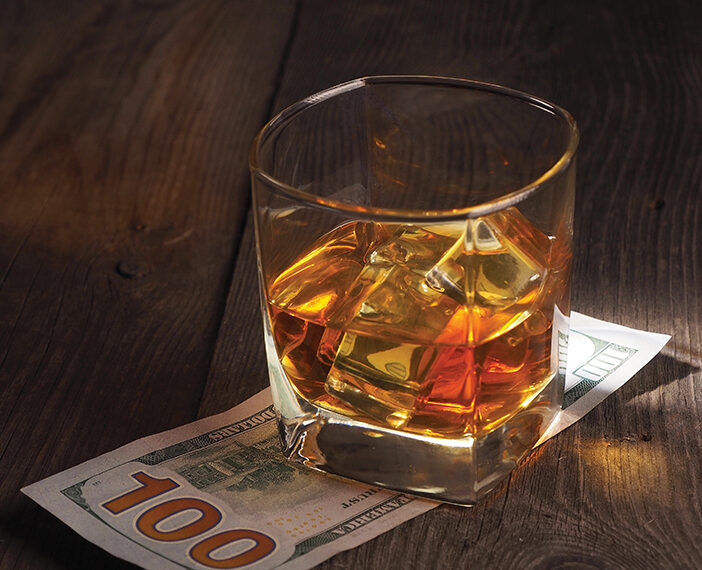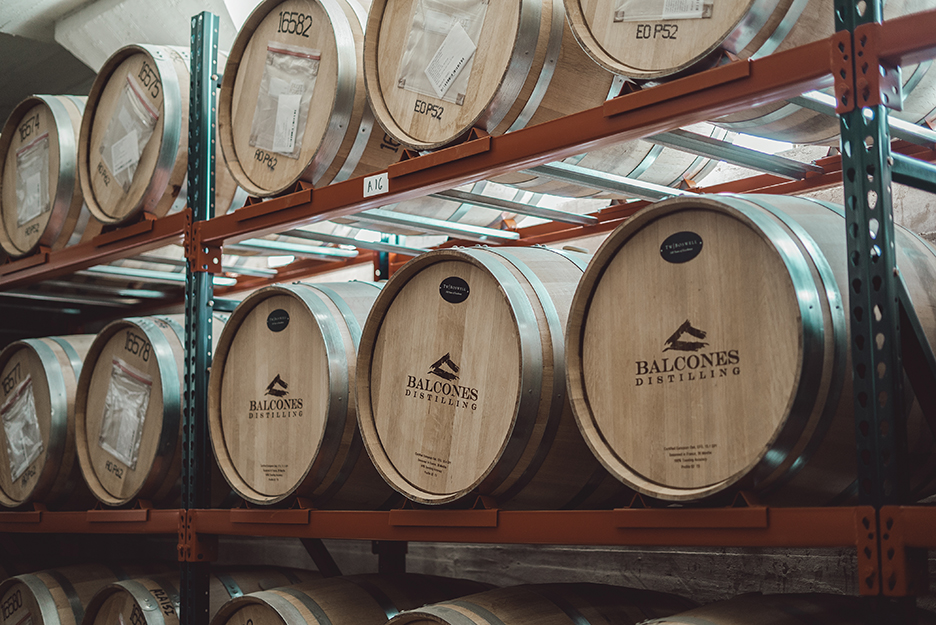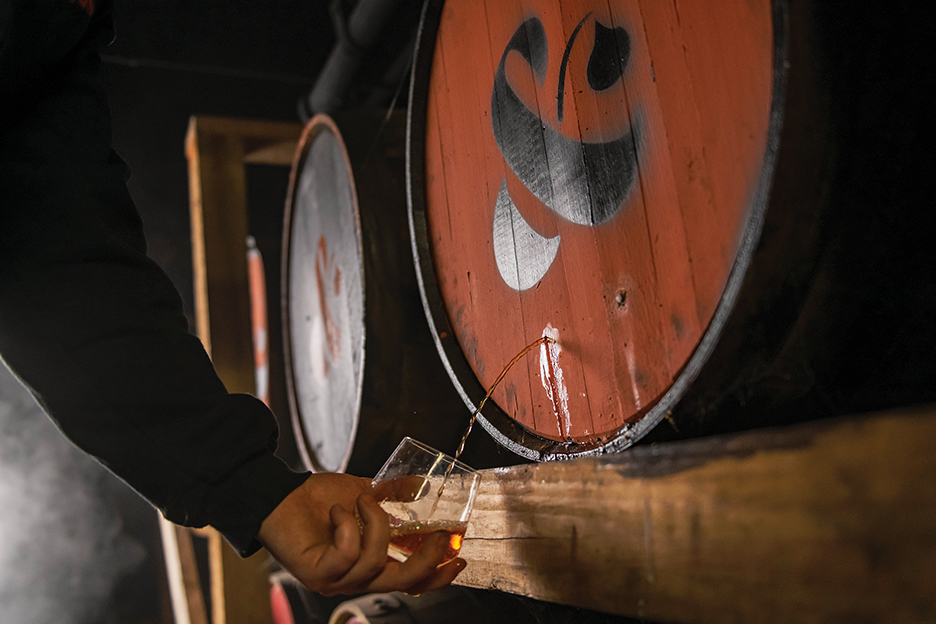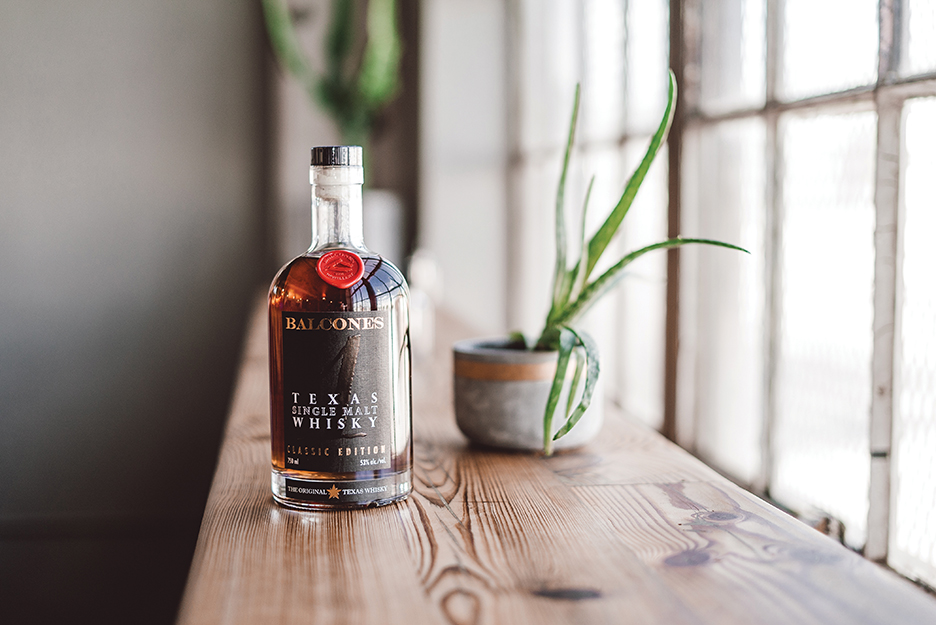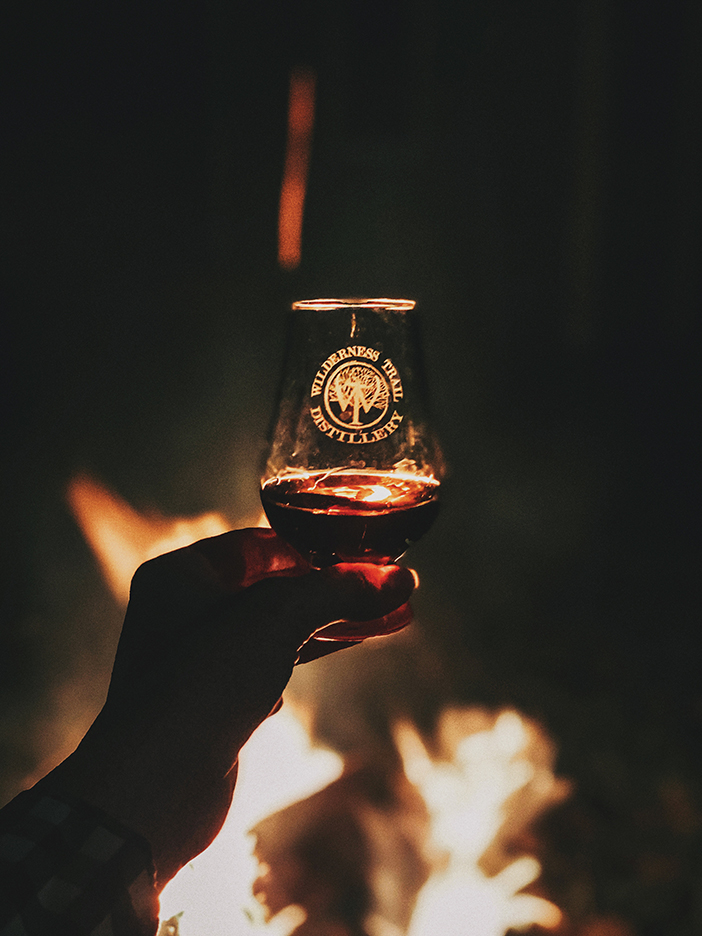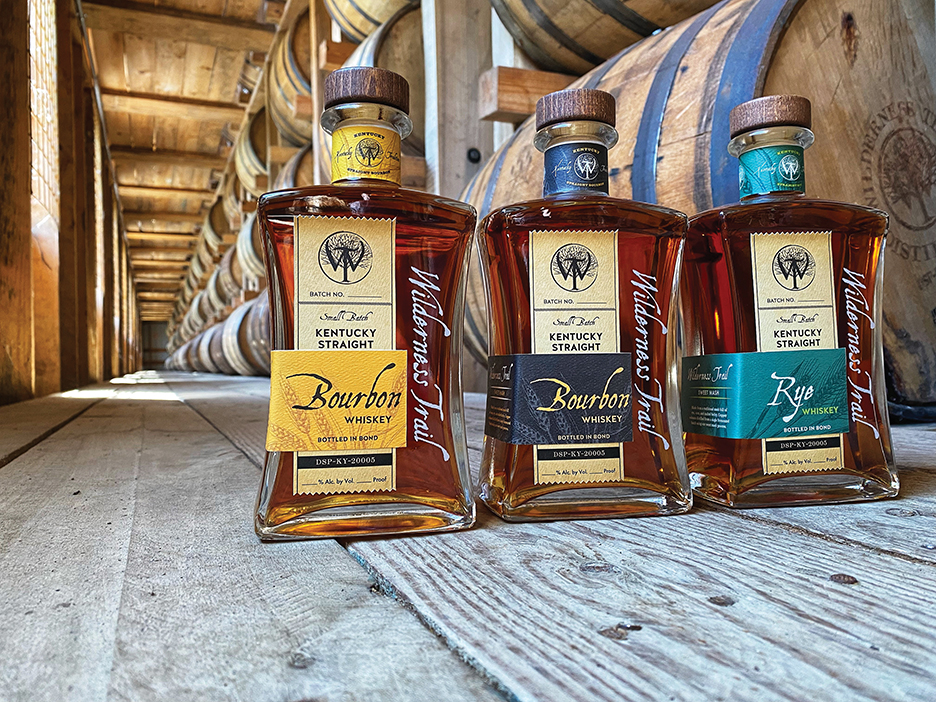By Roger Grody
In the past two decades, an explosion of craft distilleries — much like the proliferation of microbreweries that preceded it — brought greater innovation and individuality to the spirits industry. Passionate entrepreneurs were suddenly creating spirits whose quality rivaled esteemed household-name brands, and now some of the world’s largest corporations are snapping up those startups.
Henry Preiss, co-founder of Preiss Imports and a brand creator himself, reports, “It’s interesting to watch how rapidly this trend is progressing. Hardly a week goes by that don’t see a major deal announced.” Preiss explains, “The big guys with deep pockets are looking for luxury brands in emerging categories that are scaling,” and cites Diageo’s blockbuster purchase of George Clooney’s Casamigos tequila in 2017 as a catalyst in a fast-moving market. It not only reinforced the popularity of agave-based spirits, but spawned other celebrity labels whose founders would be delighted with similar results.
Preiss explains that large multinational companies are willing to take a bet on a hot brand, and if they are unable to scale it they have the financial wherewithal to write it off. He cites 42 Below vodka and Leblon cachaça as two Bacardi acquisitions that are now difficult to find on the shelves. Preiss believes that quality is sometimes compromised after brands are acquired by large corporations, as the influence of personally invested founders diminishes over time. “Big companies are not about loving the business, but loving the bottom line,” says the 49-year veteran of the spirits industry.
Last year, Constellation Brands acquired the remaining interest in Austin Cocktails, a maker of premium, award-winning bottled and canned craft cocktails. “Operating in an environment where women entrepreneurs are significantly under-funded, we feel a sense of tremendous accomplishment,” says Kelly Gasink, who brought her products to market in 2014 with sister Jill Burns.
Spirit giant Diageo — its brands include Ketel One, Johnnie Walker and Captain Morgan — recently purchased Mr Black, an Australian cold brew coffee liqueur, anxious to establish a presence in a sector that has become highly competitive with the re-emergence of cocktails like the espresso martini and revolver. Claudia Schubert, president of Diageo North America, relates, “We believe Mr Black is just getting started in the dynamic coffee liqueur segment,” while co-founder Tom Baker states, “Coffee is more than just a drink — it’s a culture, ritual, obsession, aesthetic, experience, tradition, and community.”
Constellation Brands has been particularly aggressive about investing in or purchasing innovative distilleries. In 2020, the Fortune 500 corporation’s venture capital arm acquired Louisville’s Copper & Kings, maker of award-winning craft brandy aged in bourbon barrels. Copper & Kings, which has also produced gin, absinthe and a line of liqueurs, is famous for its unique technique of piping music through the cellar to enhance aging.
A flurry of recent acquisitions has focused on American whiskey producers, allowing international corporations to gain a foothold in the robust sector. Food and spirits writer Steve Coomes, author of The Rebirth of Bourbon and The Home Distiller’s Guide to Spirits, suggests the motivations of most transactions are hardly unexpected. “The owners of acquired distilleries realize staying competitive is outstripping their capital, while the buyers get brand diversity and mature, well-run businesses with market penetration.”
Some owners, explains Coomes, remain involved in the creative process after the deals close, but notes that distillery founders are the types of entrepreneurs wary of taking orders from corporate headquarters. “Sometimes the owners just want to make great whiskey, but the acquiring company wants to push a ready-to-drink product,” says Coomes of potential friction.
Late last year, London-based Diageo acquired Balcones Distilling, the up-and-coming Texas whiskey producer. Diageo’s Schubert commented, “The Balcones team are true innovators and pioneers in the emerging American single malt and Texas whiskey movements, and their super premium-plus whiskeys are highly complementary to our portfolio.”
Greg Allen, chairman of the 15-year-old distillery, said, “Balcones started with an idea driven by an innovative spirit and passion to create something original and authentic in the heart of Texas.” He added, “We’re thrilled that Diageo shares our belief in its potential and we look forward to seeing Diageo bring Balcones’ incredible whiskeys to more consumers.”
In 2016, fast-growing High West Distillery was acquired by Constellation, which viewed the Park City, Utah, company’s American whiskeys as particularly appealing. “High West’s whiskeys are high-end, distinctive and delicious — perfect for today’s knowledgeable consumer who enjoys artfully crafted whiskeys,” explained Bill Newlands, Constellation’s president and CEO. Resolving to work closely with the label’s founding couple, David and Jane Perkins, he added, “With the addition of High West, Constellation Brands bolsters its position in the dynamic and growing craft spirits category.”
“The ideal situation is when the acquiring company recognizes the brand as a great horse they want in their stable, and are committed to making it bigger and better,” says Coomes. A deal the journalist views as representing the best-case scenario is a 70-percent stake that Milan-headquartered Campari Group recently took in Kentucky’s Wilderness Trail Distillery — hardly a craft operation, it is recognized as the 14th-largest bourbon producer — with the remaining 30-percent interest to follow in 2031.
“The owners will likely use that substantial new capital to invest in distillery operations while Campari will move the bottles,” says Coomes, who adds, “That’s great for the consumer.” It is too early to assess the ultimate impact on the quality of Wilderness Trail whiskeys. The good news, however, is that there is no shortage of passionate entrepreneurs anxious to launch their own craft distilleries.


